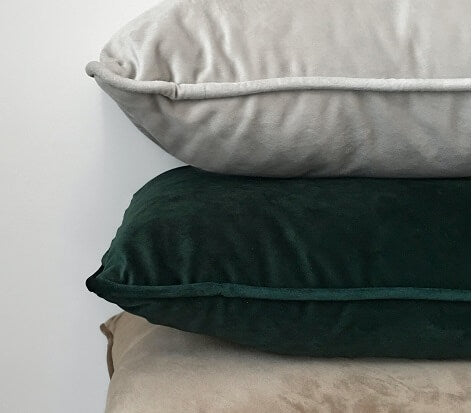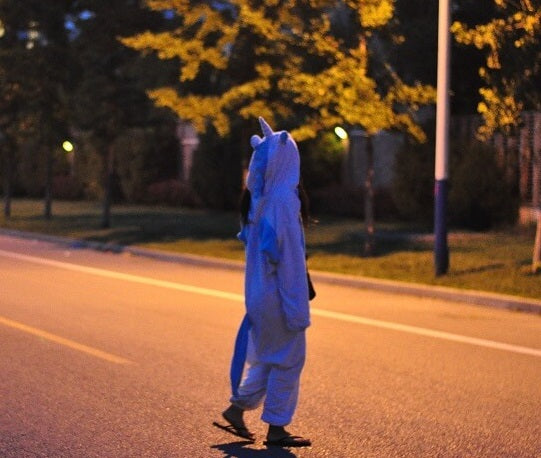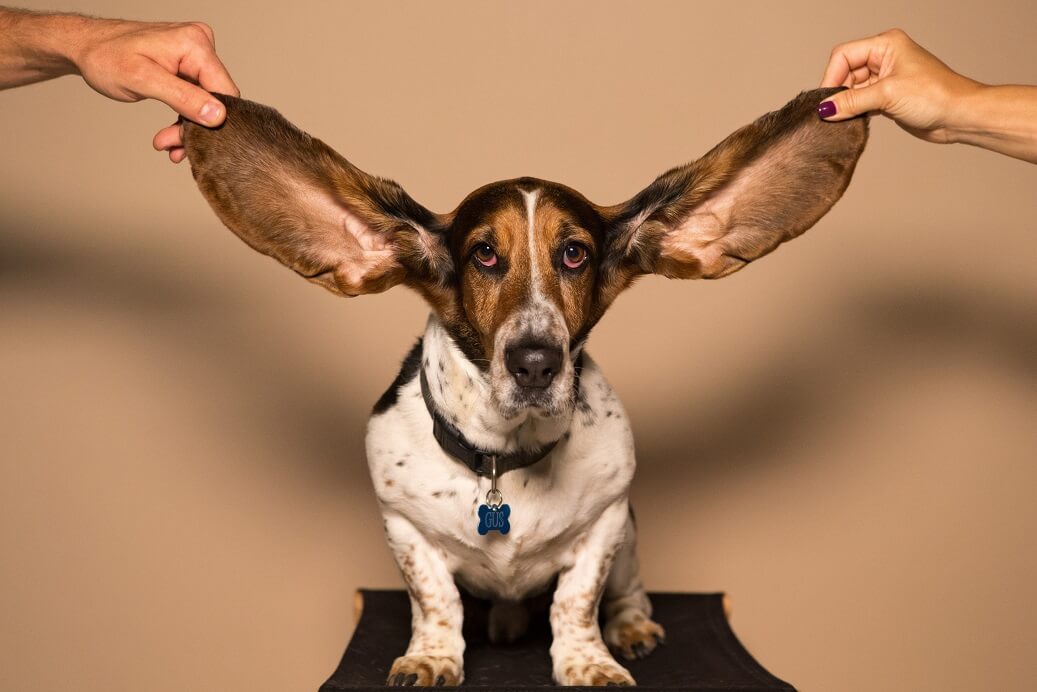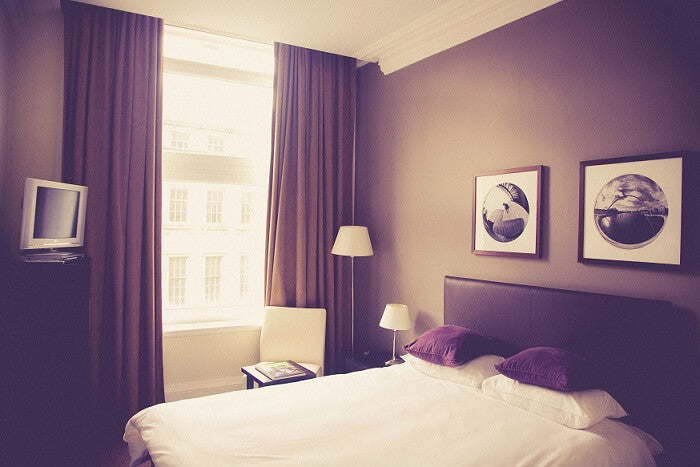Intro
Have you ever been kept awake during the night by the persistent buzzing of wasps? If so, you're not alone. When do wasps sleep during the night? The answer is not as straightforward as you might think. Fortunately, there are a few tips and tricks to help you keep wasps away and get a good night's sleep. In this blog post, we'll cover everything you need to know about how to keep wasps from keeping you awake all night long.
Why Are Wasps a Problem at Night?
Have you ever wondered why wasps seem to be more of a nuisance at night? It turns out that there are a few reasons why these buzzing insects can be particularly bothersome when the sun goes down.
Firstly, wasps are diurnal creatures, meaning they are most active during the day. However, as the day transitions into night, wasps become more aggressive. This is because they are foraging for food to sustain themselves and their nests. As the temperature drops, wasps become less efficient at hunting for prey, making them more desperate and willing to take risks.
Secondly, wasps are attracted to sources of light at night. They mistake artificial lights for the moon, which they use to navigate. As a result, porch lights or outdoor fixtures can draw wasps to your sleeping area, making it difficult to get a peaceful night's sleep.
Lastly, some wasp species, like yellow jackets, are more nocturnal in nature. They tend to build their nests in dark, secluded areas, which could include the eaves of your home or nearby trees. This proximity to your sleeping area increases the chances of encountering wasps during the night.
Understanding why wasps are a problem at night can help you devise effective strategies for keeping them at bay. In the following sections, we'll explore how to understand the sleep patterns of wasps and provide tips and solutions for keeping them away from your sleeping area. So, stay tuned to finally get a good night's sleep, free from the buzzing of these pesky insects.
Understanding the Sleep Patterns of Wasps
To effectively keep wasps away from your sleeping area, it's crucial to understand their sleep patterns. While wasps are diurnal creatures and primarily active during the day, they do have periods of rest during the night. However, their sleep patterns are not as straightforward as humans'.
Wasps experience brief periods of sleep throughout the night, usually lasting for a few minutes. These sleep intervals occur in cycles and are essential for their overall well-being. During these moments of rest, wasps are less likely to fly or sting, making it a more opportune time to carry out preventative measures.
It's important to note that wasps are light sleepers. Even the slightest disturbance can wake them up, triggering their aggressive behavior. This is why it's crucial to avoid making any sudden movements or loud noises when dealing with a wasp infestation near your sleeping area.
By understanding the sleep patterns of wasps, you can strategize better and choose the most suitable time to take action against them. In the following sections, we'll provide you with tips and solutions for keeping wasps away from your sleeping area, ensuring you have a peaceful night's sleep, free from the buzzing of these pesky insects.

Tips for Keeping Wasps Away from Your Sleeping Area
When it comes to keeping wasps away from your sleeping area, prevention is key. Here are some effective tips to ensure a wasp-free night:
- Seal entry points: Inspect your home for any cracks or openings that can serve as entry points for wasps. Seal them up using caulk or weatherstripping to keep these insects out.
- Remove attractants: Wasps are drawn to food and sweet scents. Keep your sleeping area clean and free of food debris. Additionally, consider relocating garbage cans away from your sleeping area to avoid attracting wasps.
- Use natural deterrents: Wasps dislike certain scents, such as peppermint, eucalyptus, and cloves. Plant these herbs around your sleeping area or use essential oils to create a natural barrier that keeps wasps at bay.
- Avoid bright lights: Wasps are attracted to light sources, so minimize outdoor lighting near your sleeping area. Opt for yellow or sodium vapor lights, as they are less appealing to wasps.
- Hang fake nests: Wasps are territorial creatures and will avoid areas where they believe other wasp colonies reside. Hang a fake wasp nest near your sleeping area to deter them from building their nests there.
- Call a professional: If all else fails, don't hesitate to contact a professional exterminator. They have the expertise and tools to safely remove wasp nests and prevent further infestations.
By implementing these tips, you can enjoy a peaceful night's sleep without the annoyance of buzzing wasps. Sleep tight!
Natural and Chemical Solutions for Wasp Control
Dealing with a wasp infestation near your sleeping area can be a real nuisance. But don't worry, there are both natural and chemical solutions available to help you keep these buzzing insects at bay.
When it comes to natural solutions, one effective option is using peppermint oil. Wasps dislike the scent of peppermint, so spraying a mixture of water and peppermint oil around your sleeping area can create a natural barrier. Another option is using a combination of dish soap and water in a spray bottle. This solution can suffocate and deter wasps from returning to your sleeping area.
If you prefer a more chemical-based solution, there are many commercial wasp sprays available on the market. These sprays contain chemicals that can quickly kill and repel wasps. However, it's important to read the instructions carefully and use these sprays in a safe and responsible manner.
Remember, prevention is key when it comes to keeping wasps away. By implementing these natural and chemical solutions, you can enjoy a wasp-free night and get the peaceful sleep you deserve.
Creating a Wasp-Free Zone in Your Backyard
Now that you know how to keep wasps away from your sleeping area, let's talk about creating a wasp-free zone in your backyard. After all, you don't want these pesky insects ruining your outdoor activities during the day either!
The first step in creating a wasp-free zone is to eliminate any potential nesting sites. Inspect your yard for areas that may attract wasps, such as overgrown bushes, hollow trees, or piles of debris. Remove or treat these areas to make your yard less appealing to these buzzing pests.
Next, consider planting certain plants that repel wasps. Mint, thyme, and citronella are all natural wasp deterrents that can help keep them at bay. Planting these around your backyard can create a natural barrier that wasps will want to avoid.
Additionally, you can use wasp traps or wasp-repelling devices in your backyard. These traps are designed to attract and capture wasps, reducing their population in your yard. Wasp-repelling devices emit ultrasonic sound waves that are unpleasant to wasps, keeping them away from your outdoor space.
By taking these preventative measures, you can create a wasp-free zone in your backyard and enjoy your outdoor activities without the worry of buzzing insects. So go ahead, invite friends over for a barbecue, play with your kids, or simply relax in your backyard oasis. With these tips, wasps will be the last thing on your mind.
When to Call a Professional Exterminator
When it comes to dealing with a wasp infestation, sometimes it's best to leave it to the professionals. While there are many DIY solutions available, there are certain situations where calling a professional exterminator is the smartest choice.
If you have tried all the preventive measures and natural solutions mentioned in this blog post, but the wasp problem persists, it may be time to seek professional help. A professional exterminator has the knowledge, experience, and tools to safely and effectively eliminate wasp nests.
Additionally, if you or a family member have allergies to wasp stings, it's essential to contact a professional immediately. They can handle the situation with the utmost care, minimizing the risk of an allergic reaction or potential harm.
Furthermore, if you are dealing with a large infestation or multiple nests, it's best to call a professional exterminator. They can assess the situation, develop a comprehensive plan, and eliminate the problem efficiently.
Remember, when it comes to the safety and well-being of yourself and your family, it's always better to err on the side of caution. So, if you're unsure or overwhelmed by the wasp problem, don't hesitate to call a professional exterminator. They will ensure that your home and sleeping area are free from these buzzing pests, allowing you to finally get a good night's sleep.







